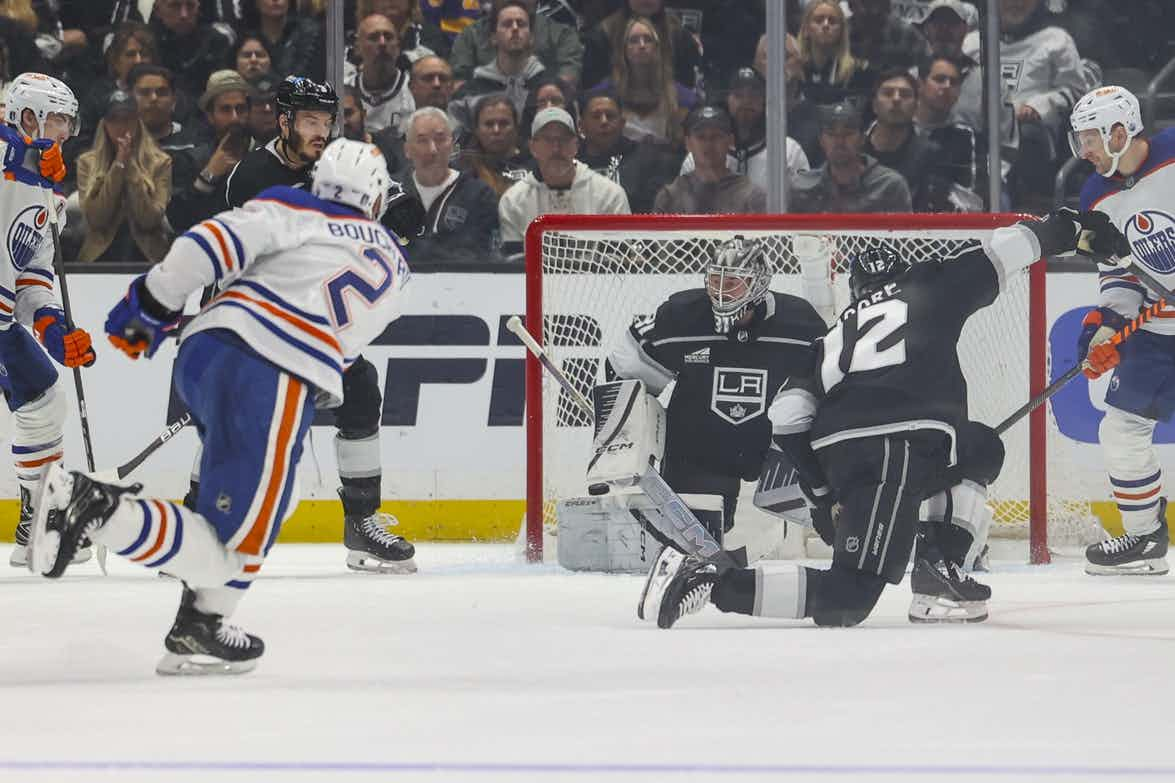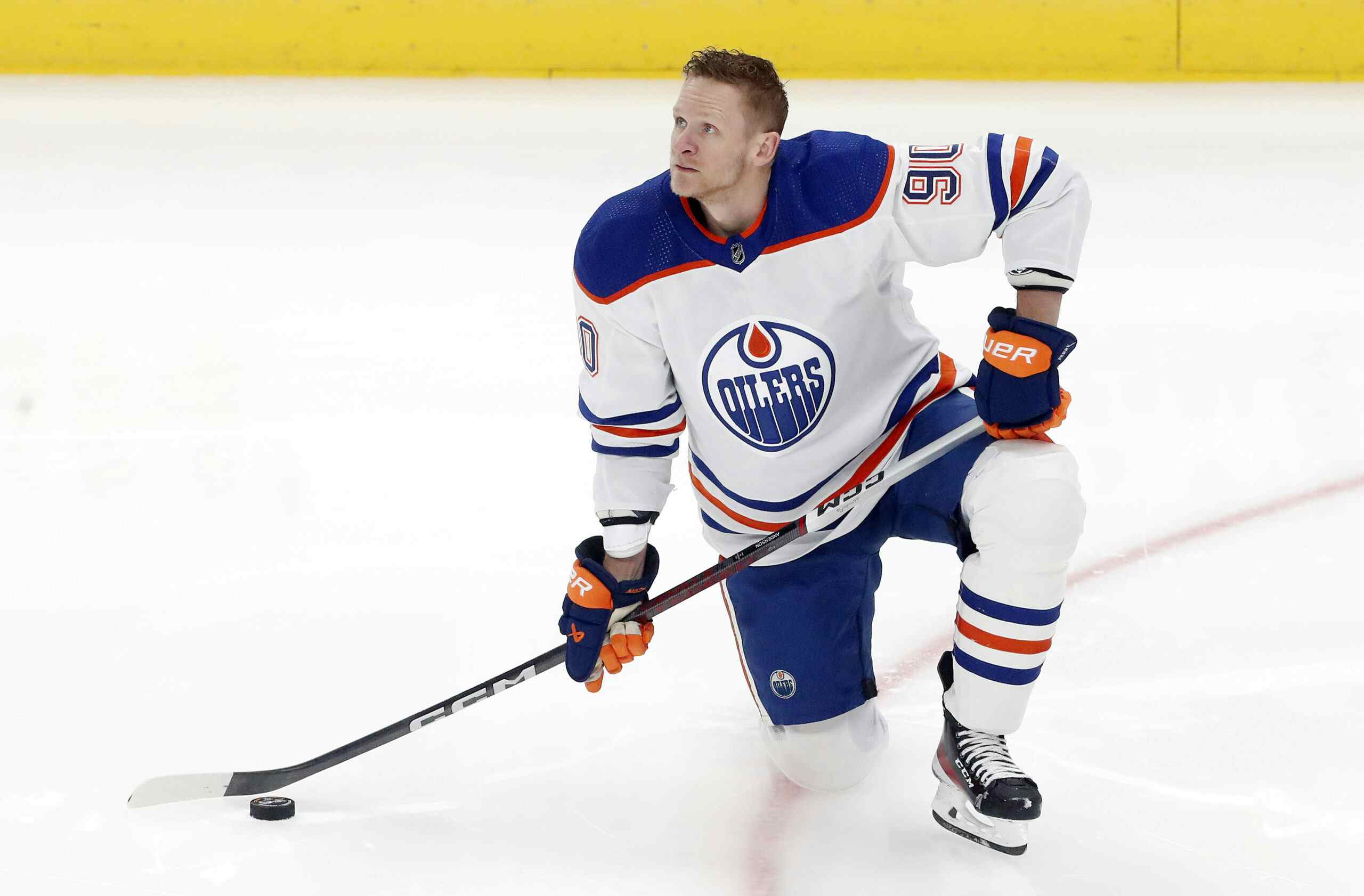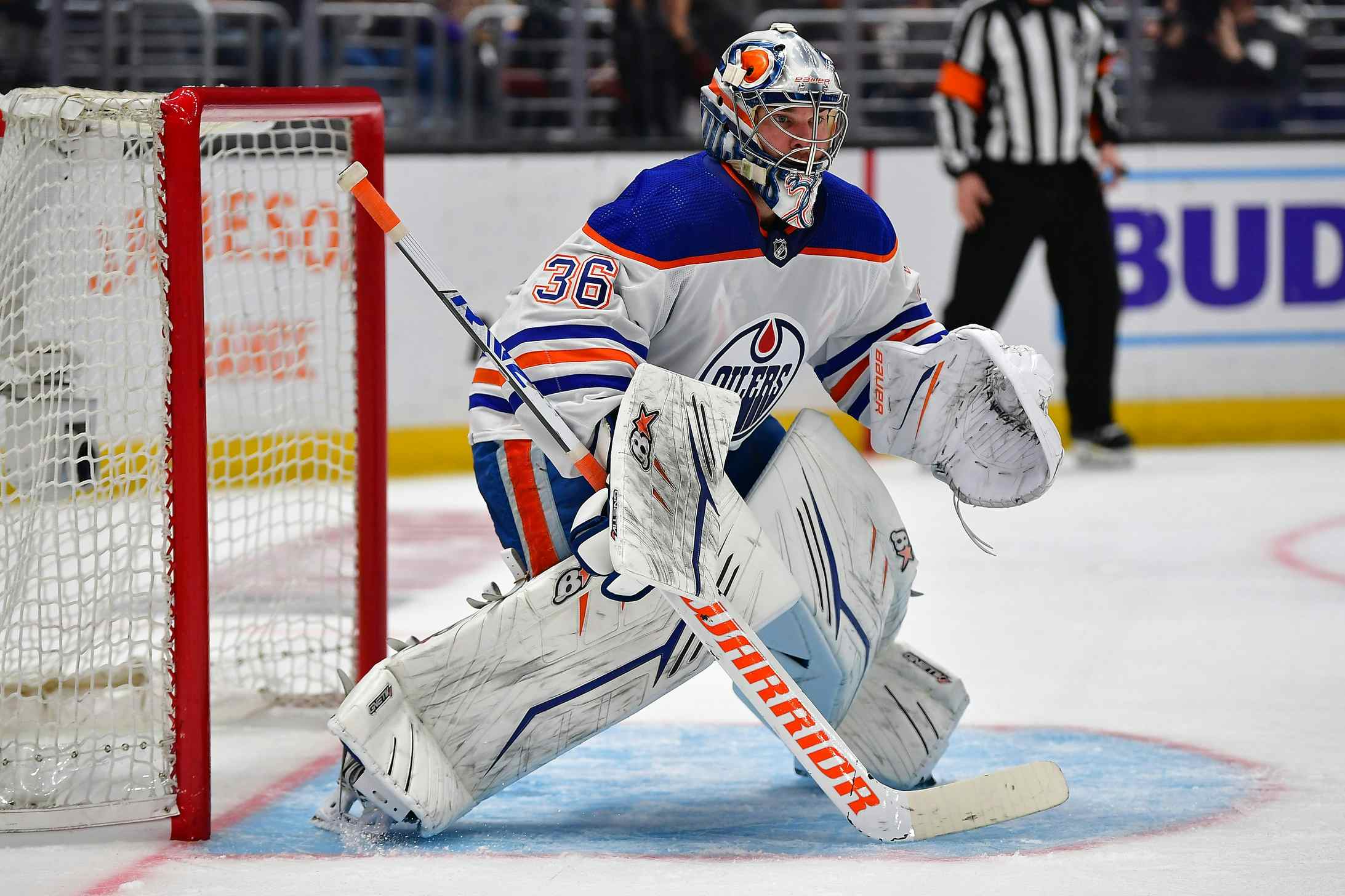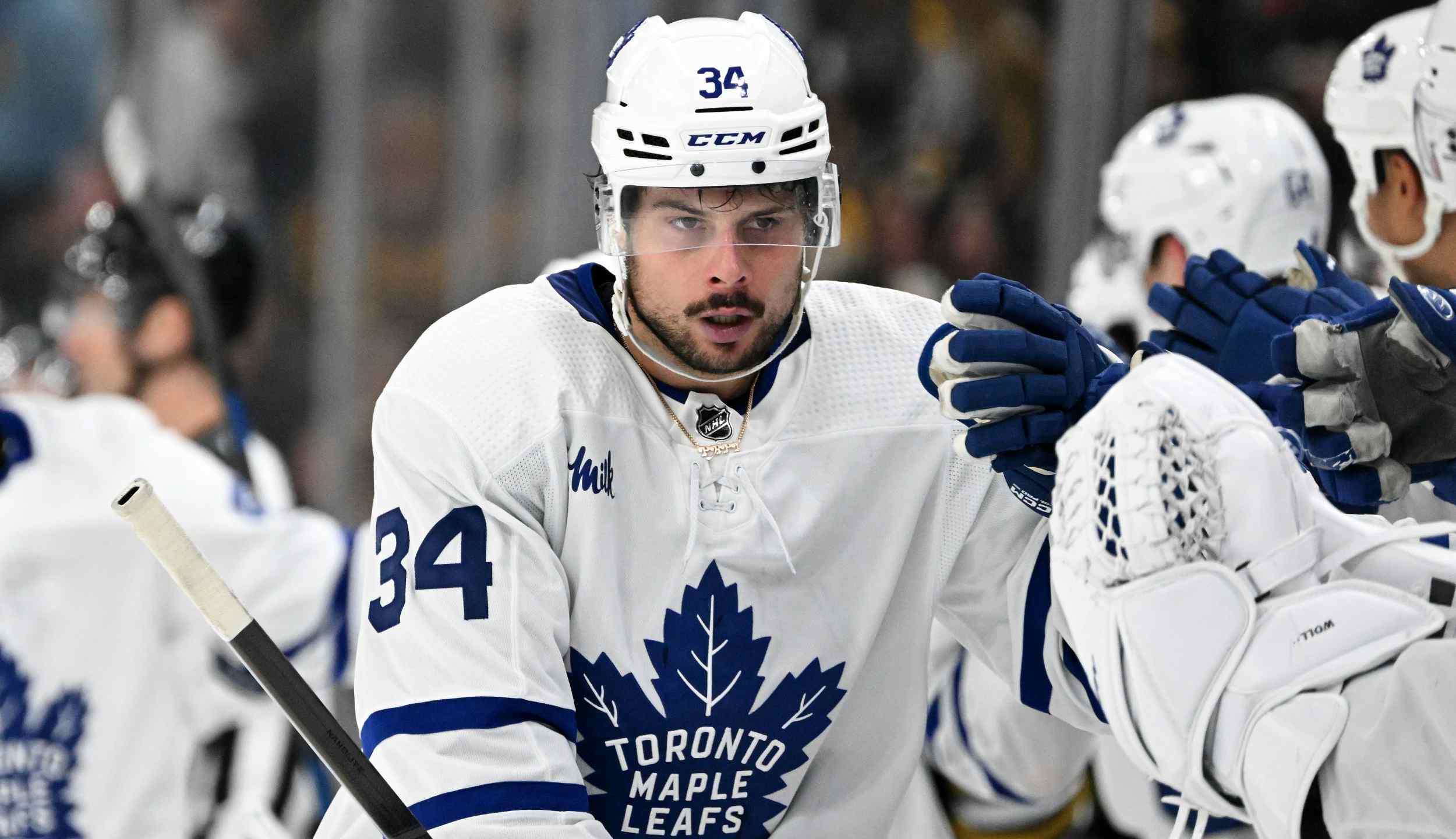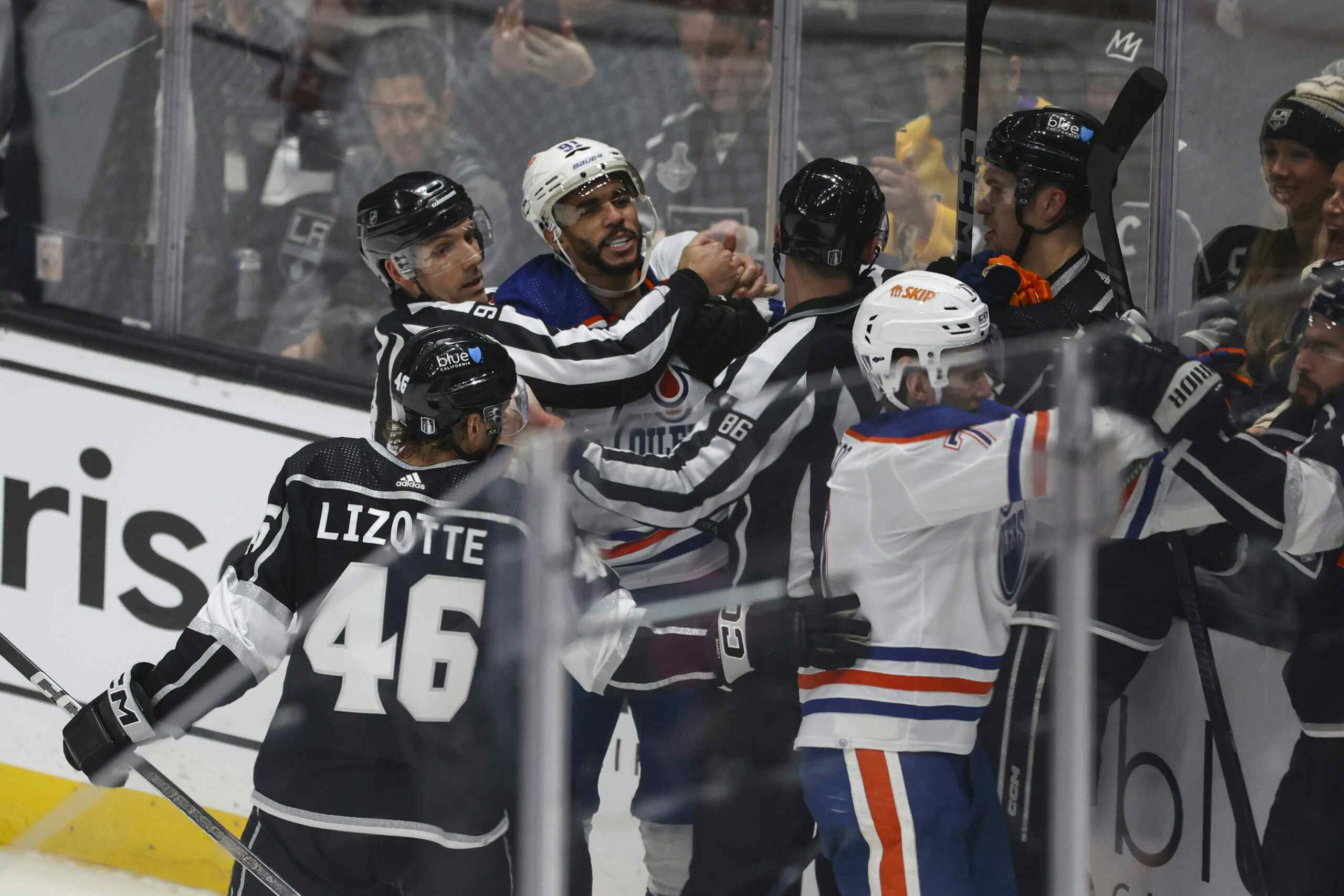AHL Prospect Rankings: #9 – Tyler Spurgeon

There is one major concern with Tyler Spurgeon, a concern that could ultimately decide whether or not he has an NHL career: injuries. Just last season, it was possible that Spurgeon would never play hockey again after suffering a serious concussion initially described as “career-ending”. Other than that, he’s on the smallish side and his offensive upside at the NHL level is questionable at best.
Position: Centre
Size: 5’10”, 188lbs
Birth-date: April 10, 1986
Shoots: Left
Size: 5’10”, 188lbs
Birth-date: April 10, 1986
Shoots: Left
Spurgeon spent his junior career with the Kelowna Rockets of the WHL, where he was a part of two WHL championships and a Memorial Cup championship. Here are his numbers out of junior:
- 2002-03: 50GP – 7G – 6A – 13 PTS, +4
- 2003-04: 49GP – 8G – 16A – 24 PTS, +7
- 2004-05: 72GP – 21G – 41A – 62 PTS, +20
- 2005-06: 39GP – 7G – 17A – 24PTS, +3
Spurgeon was a bit player on the 2002-03 WHL Champions, a team that went 51-14-6-1 and scored 311 goals while allowing only 164 for a whopping +157 goal differential. The Rockets were coached by Marc Habscheid and featured future NHL’ers Duncan Keith, Josh Gorges, Shea Weber, Blake Comeau, and Nick Tarnasky. Surprisingly enough, the Rockets were led offensively by a quartet of future minor-leaguers (Jesse Schultz, Kiel McLeod, Tyler Mosienko and Tomas Slovak). Spurgeon and Comeau were the only 16-year olds on the team, and Spurgeon’s +4 was below average on a team this strong.
The 2003-04 Kelowna Rockets were the Habscheid team that won the Memorial Cup, and while they still had a strong season, they didn’t romp through the league like they had the year before. They posted a 47-21-4 record, with 185 goals for and 125 against, for a +60 goal differential. Spurgeon’s +7 was a hair below average on the team when adjusted for the number of games that he missed. Offensively, Spurgeon was in on 13% of the offense, a number that jumps to 19% when adjusted for games missed, making him a slightly above average offensive player as a 17-year old junior. Spurgeon also served as an assistant captain.
Marc Habscheid left the team after winning the Memorial Cup, so assistant coach Jeff Truitt was promoted for 2004-05. Spurgeon had his finest year as a junior, playing in all 72 games and leading the team in scoring. The Rockets went 45-13-12-2, scoring 215 goals and allowing 139, for a +76 goal differential. Spurgeon was in on 33.5% of the team’s offense, showing a much better scoring touch than he had exhibited previously, and his +20 was one of the best numbers on the team. Spurgeon turned it up in the playoffs, scoring 11 goals in 24 games en route to the league championship, all while suffering through an injured shoulder, which he had surgery on in the offseason.
Spurgeon was named captain of the Rockets for 2005-06, but he missed the first half of the season recovering from surgery. The Rockets went 46-22-1-3 while posting a +55 goal differential (243GF/188GA). Spurgeon figured in on 18% of his team’s offense, but he had a slow start and was scoring at a point-per-game pace to close out the year.
Spurgeon turned pro for 2006-07. Here are his numbers as a professional:
- 2006-07 (ECHL): 39GP – 12G – 17A – 29 PTS, +7
- 2006-07(AHL): 34GP – 5G – 10A – 15 PTS, +2
- 2007-08: 12GP – 1G – 7A – 8 PTS, +7
- 2008-09: 54GP – 5G – 12A – 17 PTS, -2
2006-07 was a good year for Spurgeon on the whole. He started the season in the ECHL, but that can at least partially be attributed to the lack of an Oilers’ AHL affiliate. Once he was recalled by Wilkes-Barre, they kept him for the remainder of the season. In the ECHL, the Thunder scored 225 goals and allowed 197, for a +28 goal differential. Adjusting for games played, Spurgeon’s +7 was well above the team average, and figured in on just under 24% of the Thunder’s offense. At the AHL level, Spurgeon’s +/- was slightly below the team average, and he figured in on 12.8% of the Penguins’ offense (again, adjusting for games played).
Spurgeon’s AHL numbers in 2007-08 were exceptional, but his luck was not. He suffered a major back and shoulder injury in training camp, and then appeared in twelve games before being derailed by a concussion. Guy Flaming had a nice article describing Spurgeon’s return from injury. Not much earlier, Flaming had cut Spurgeon from Hockey’s Future’s Top-20, with the following note:
If continually healthy, Spurgeon’s name would be higher on the top 20 list but there are questions as to whether he can carve out a lasting career having had two major shoulder surgeries and a long layoff due to a concussion. If heart, determination and character were all that it took to get back on the ice, he would have been back playing a long time ago.
This year has been a bounce-back season for Spurgeon. He was named the fittest player in training camp, something that Spurgeon attributed to a need to make up for time lost to injury. Craig MacTavish, who recently threw Spurgeon’s name out as a call-up possibility, had some positive things to say about him in camp:
“There are some guys who just don’t leave a stone unturned in terms of their preparation … and he’s obviously one of those guys. He thinks the game incredibly well, does literally everything in the game that he can. The one thing he has trouble with at times is skating, and when you’re conditioned as well as he is right now, his skating looks very adequate.”
Spurgeon’s 17 points and -2 rating come against the best players in the AHL, and they come on a team that has scored 120 goals while allowing 168. Among regular forwards, only Derek Bekar has a better +/- (+1). The downside is that Spurgeon’s only figured in on just over 14% of his team’s offense, so he isn’t lighting the world on fire scoring-wise, but he’s certainly been the most effective defensive player on the Falcons, and he’s been praised time and again this season for his character and his willingness to get involved physically.
If he can stay healthy, I think Spurgeon has a very good shot at an NHL career. He should be a very good fit on the 4th line (perhaps even as early as next season), and may even have potential as a shut-down centre on the third line, based on his use in the AHL this season. He’ll never be a high-end scorer, but his track record would seem to indicate that he has more offensive prowess than he’s showed this season, something that might become more obvious if he were used in an offensive role.
NHL Contract Status: 500K for 2008-09, pending RFA
AHL Performance Compares To: Marty Reasoner
Projection: NHL 4th-Liner
AHL Performance Compares To: Marty Reasoner
Projection: NHL 4th-Liner
Recent articles from Jonathan Willis

